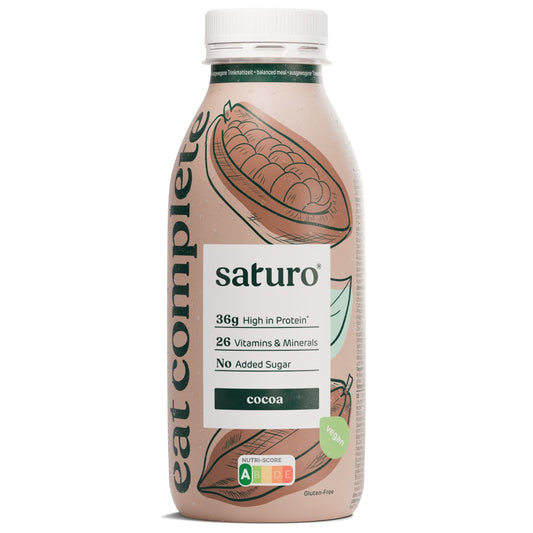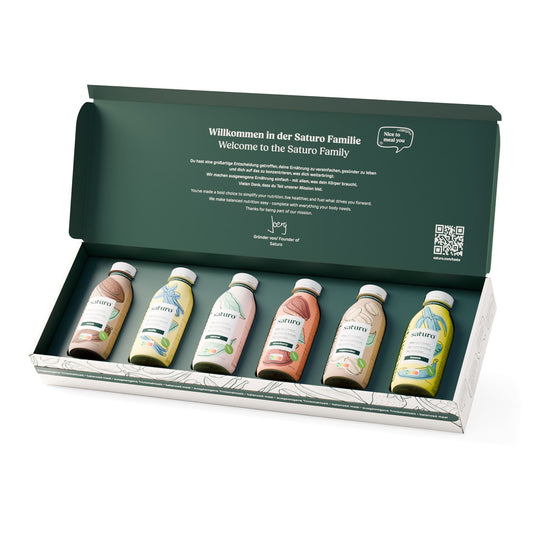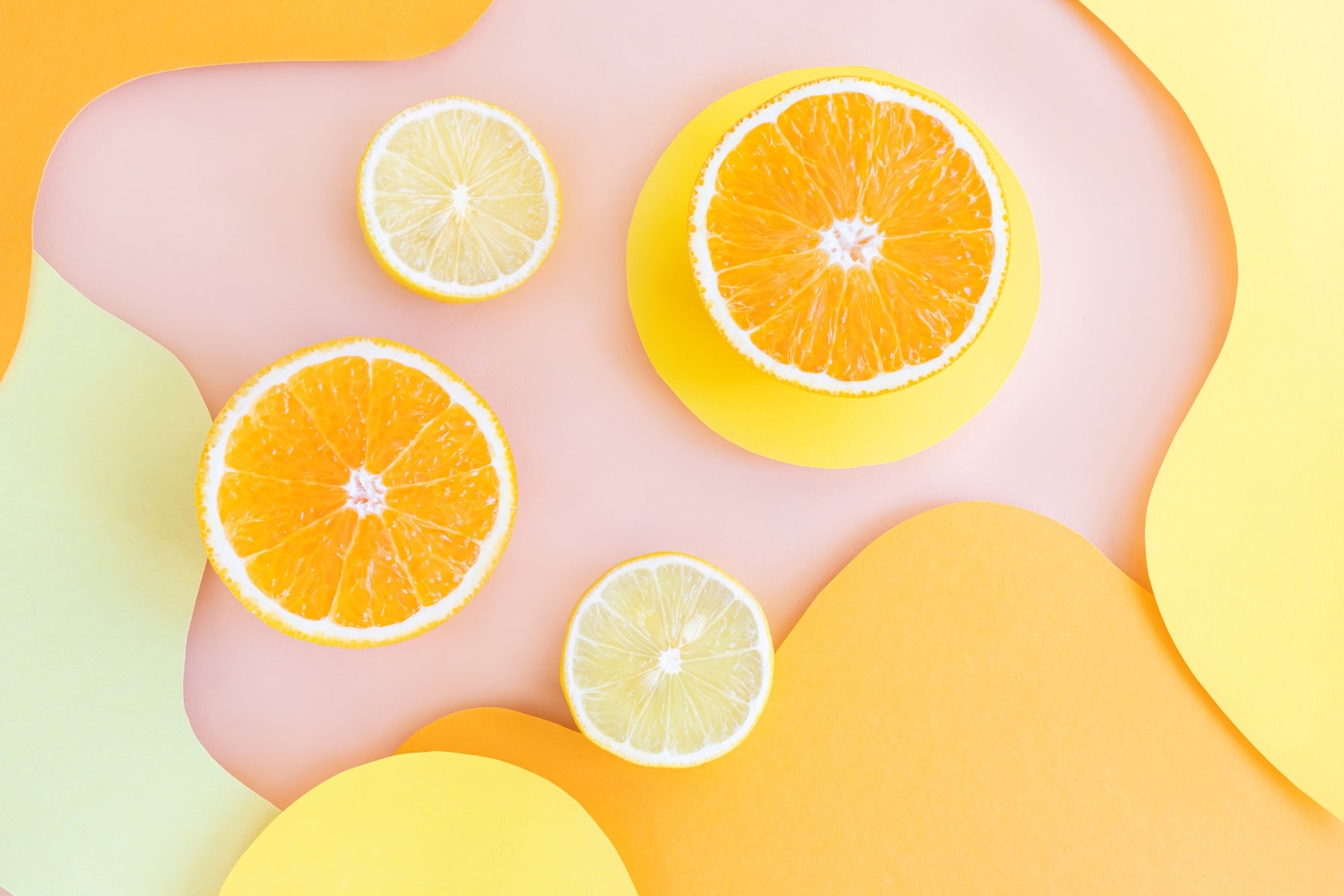Contents
1
What is vitamin E deficiency and how much vitamin E do you need every day?
2
Vitamin E deficiency symptoms
3
Causes of vitamin E deficiency
4
Vitamin E in food
Vegan vitamin E sources
Animal vitamin E-sources
Drinking meals against vitamin E deficiency
Vegan vitamin E sources
| Vegan vitamin E sources | Vitamin E content per 100 g |
|---|---|
| 1. Sunflower seeds | 35 mg |
| 2. Almonds | 25 mg |
| 3. Hazelnuts | 15 mg |
| 4. Pine nuts | 9 mg |
| 5. Peanuts | 8 mg |
| 6 | 6 mg |
| 7. Tofu | 5 mg |
| 8. Apricotes (dried) | 4 mg |
| 9. Mango (dried) | 4 mg |
| 10. Red peppers (steamed) | 3 mg |
Animal vitamin E-sources
| Animal vitamin E-sources | Vitamin E content per 100 g |
|---|---|
| 1. Fischrogen (raw) | 7 mg |
| 2. Sea snail (baked) | 6 mg |
| 3. Salmon (raw) | 4 mg |
| 4. Ansarellen (in oil) | 3 mg |
| 5. Rainbow trout (cooked) | 3 mg |
| 6. Egg yolk (raw) | 3 mg |
| 7. Butter | 2 mg |
| 8. Barrels (cooked) | 2 mg |
| 9. Thuna (in oil) | 2 mg |
| 10. Austern (cooked) | 2 mg |





